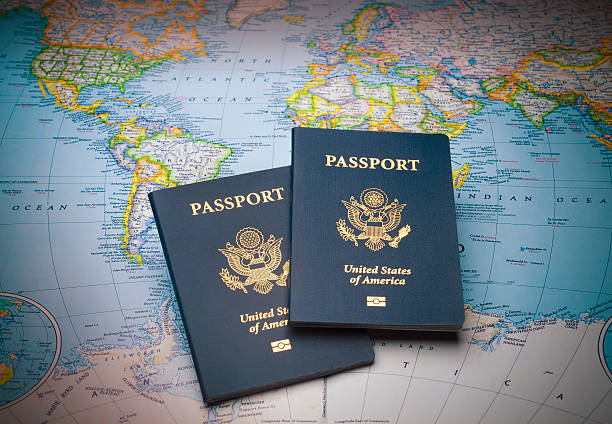Introduction
In an increasingly globalized world, travel is a beloved activity for many. Whether for leisure, work, or study, knowing the legal aspects of travel is critical to ensuring a safe and hassle-free experience. Travel laws are complex and vary by destination, covering areas from documentation to cultural awareness and consumer rights. This comprehensive guide provides everything travelers need to know about the essentials of travel law to make informed decisions and avoid potential pitfalls.
The Basics of Travel Law
Travel law encompasses regulations and rights governing individuals when crossing borders, utilizing transportation, and engaging in activities abroad. It’s essential to understand the following core aspects:
- International Travel Regulations: Nations have varying rules about who can enter and under what circumstances. Familiarize yourself with the destination’s laws before departure.
- Destination-Specific Laws: Research laws specific to your destination, including banned items or cultural expectations.
Essential Travel Documentation
Proper documentation is the cornerstone of legal travel. Missing or incorrect paperwork can lead to trip delays or even legal trouble.
- Passports and Visas: Most countries require a valid passport and, in many cases, a visa. Check expiration dates and visa types relevant to your travel purpose.
- Entry Permits and Travel Authorizations: Some regions necessitate electronic travel authorizations (eTAs) or permits for specific activities like work or study.
- Digital Advancements: Utilize e-Visa systems and apps to simplify application processes and reduce paperwork.
Understanding Consumer Rights While Traveling
Travelers are entitled to various protections, ensuring fair treatment and compensation in unforeseen circumstances:
- Airline Compensation: If flights are delayed or canceled, passengers may be entitled to financial compensation under regulations such as the EU261 in Europe.
- Hotel and Booking Disputes: Be aware of policies for cancellations, overbookings, and refunds.
- Travel Insurance: Invest in comprehensive insurance policies covering cancellations, medical emergencies, and theft.
Health and Safety Regulations
Staying healthy and safe during travel requires awareness of both personal and legal responsibilities:
- Vaccination Policies: Some destinations mandate vaccines for entry. Carry proof, such as the International Certificate of Vaccination.
- Medical Coverage: Ensure your insurance covers international medical expenses, including hospital stays and emergencies.
- Emergency Protocols: Learn local emergency numbers and embassy contacts for assistance in crises.
Transportation and Border Laws
Every mode of transportation has its own set of laws and regulations to ensure smooth transit:
- Aviation Laws: Familiarize yourself with baggage limits, restricted items, and in-flight conduct rules.
- Border Crossing Rules: Know the entry and exit requirements, including customs declarations and prohibited goods.
- Car Rentals: Review rental agreements, international driving permits (if required), and local traffic laws.
Cultural and Environmental Awareness
Being a responsible traveler means respecting local cultures and the environment:
- Cultural Respect: Learn about regional customs, legal practices, and prohibited behaviors.
- Eco-Tourism Compliance: Adhere to sustainable tourism practices, such as avoiding plastic waste and respecting wildlife.
Traveling with Family or Groups
Group travel introduces unique legal considerations:
- Minor Travel Laws: Parents or guardians must provide additional documentation for children, including notarized consent forms if traveling without one parent.
- Group Travel Policies: Tour operators often require contracts outlining liability and participant behavior expectations.
The Role of Technology in Travel Law
Advances in technology simplify compliance and provide peace of mind for travelers:
- Digital IDs and Passports: Many nations now accept digital alternatives, reducing physical documentation needs.
- Travel Apps: Use apps to check visa requirements, local laws, and emergency contacts.
Conclusion
Navigating the intricate web of travel laws may seem daunting, but preparation is key to an enjoyable and trouble-free journey. By understanding documentation requirements, consumer rights, and the nuances of local laws, travelers can confidently explore the world. As global regulations evolve, staying informed is an essential part of being a savvy traveler.

